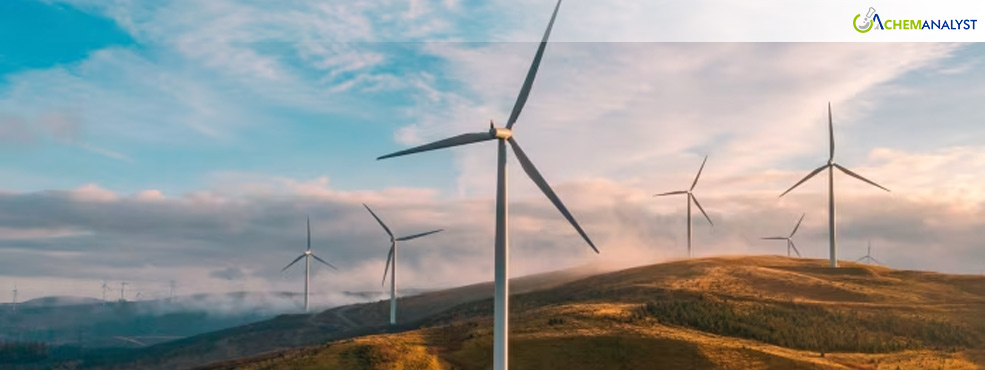Welcome To ChemAnalyst

The UK government announced a hefty funding package of £79 million (approximately $100 million) to accelerate global transition to clean energy, particularly in developing countries. This move positions the UK as a global leader in combating climate change and promoting sustainable development.
A substantial £45 million ($56.81 million) has been earmarked for the World Bank's Energy Sector Management Assistance Programme (ESMAP) to assist developing and emerging nations in addressing energy challenges. Additionally, £15 million ($18.94 million) will be channeled to Innovate UK to promote clean energy innovation in these countries. To support industrial decarbonization and clean hydrogen initiatives, £14 million ($17.67 million) has been allocated to the United Nations Industrial Development Organisation (UNIDO). Furthermore, £5 million ($6.31 million) has been set aside to help developing countries reduce methane emissions from fossil fuels, aligning with the Global Methane Pledge.
The funding is part of the UK's ongoing £11.6 billion ($14.64 billion) pledge to support international climate finance between 2021 and 2026. This commitment is drawn from the Official Development Assistance budget and fulfills the UK's global obligation to allocate 0.5% of its gross national income to aid developing countries.
The funding will support climate-vulnerable nations in deploying innovative low-carbon technologies. This includes African countries and small island states. The funding will be used for advancements in energy storage, zero-emission generation, and clean transportation. Additionally, it will support innovations in material and system efficiencies crucial for decarbonizing industries such as steel, chemicals, cement, and concrete.
The UK's funding announcement comes alongside its ambitious domestic climate targets, including an 81% reduction in emissions by 2035. The government is also investing heavily in domestic clean energy projects, such as offshore wind, solar power, and carbon capture and storage.
Energy Secretary Ed Miliband emphasized on UK's commitment to global climate leadership, stating, "Climate change does not respect borders, and the UK has seen a year of record-breaking warmth. That's why we are determined to lead from the front and drive global change, to protect future generations at home and abroad."
Climate Minister Kerry McCarthy highlighted the disproportionate impact of climate change on developing countries, noting, "Developing countries are often on the front line of the climate crisis, at higher risk of floods, heatwaves, and food insecurity, despite doing very little to cause it."
By combining domestic action with international support, the UK aims to demonstrate climate leadership and drive global progress towards a sustainable future. This funding package is a significant step in that direction, signaling the UK's commitment to both mitigating climate change and supporting the development of clean energy solutions worldwide.
We use cookies to deliver the best possible experience on our website. To learn more, visit our Privacy Policy. By continuing to use this site or by closing this box, you consent to our use of cookies. More info.
